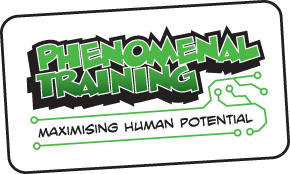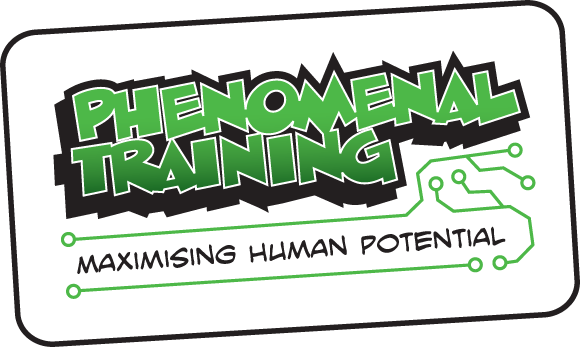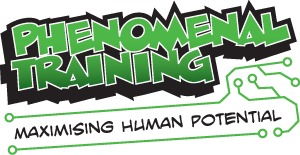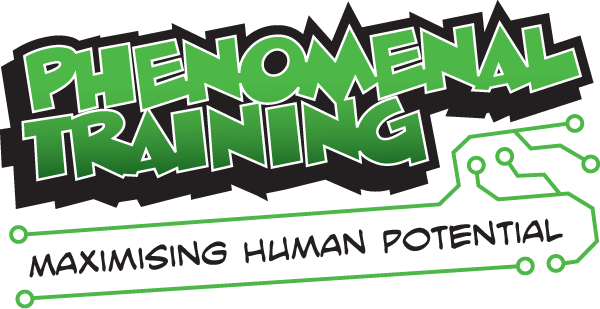My four-year-old daughter said to me this weekend “Mummy, I want to work in a hospital when I grow up, just like Grandad.” My immediate thought landed on the job of a Doctor. This girl can etc!
As I made a mental note to increase my savings, I expressed to her how wonderful I thought this was. Like many of us, I would feel proud if I could do something today that helped a child get their dream job of tomorrow – especially one that balances financial independence with job satisfaction.
With an ageing population and developments in health tech, it seems a pretty safe bet that hospitals will still exist in the year 2030 when she turns 18 and comes to choose her next step.
So, my daughter: a future Doctor. I can imagine the graduation now. Putting her through years of Medical School will cost a small fortune, but I feel certain the depth of training required would pay off. The job of Doctor is a lucky dice roll, surely.
I imagine the same level of certainty felt by parents nurturing a future sports journalist back in 1995; people will always read the sports pages, right? However, with the majority of sports news now written by robots, this has been not the exciting well-paid job that the boys in my pre-internet sixth form days dreamed about.
Like Uber to the black cabbie’s streets of London, technology has tilted the roulette wheel of earning chances in some unexpected ways. ‘The Knowledge’ became fully democratised once Google Maps came along. So as the career roulette wheel spins faster, which of today’s jobs are a safe bet against redundancy?…
Since the WEF conference at Davos this year, it has been widely reported that jobs revolving around data, patterns and calculations carry a higher risk of automation vs jobs involving things that grow, are organic and unpredictable.
I had an illuminating chat with two women last month, both experienced line managers in their late 50’s, one a factory worker and the other in financial services. Guess which one had lost her job to automation? The lady in finance: her role of managing orders had been replaced by an IT system.
The other manages a production line at a carpet factory. They are unable to automate her job as each piece of fabric behaves differently, requiring a level of hand-eye coordination skill that only humans can do. Who could have predicted that career dice roll back in 1997?
Back to hospitals: the government has announced post-Brexit plans to invest £2bn in UK industry research and development, with Radio 4’s Today headlines specifically highlighting the two fields of robotics and biotechnology,two sectors that will significantly influence how our future hospitals will work.
It is difficult to predict what new jobs and professions will emerge from this investment, but such a huge commitment and cash investment we will see changes. If Artificial Intelligence has the potential to be the eyes and the brain of a hospital (bio-data analysis, diagnosis, automated dosage etc.), could it be that humans will be mainly required for the hands and the heart of a hospital (touch, care, bedside conversation etc.).
Perhaps this will herald a decline in the need for traditional Doctors, but a rise the demand for the care of Nurses. All of whom need lengthy training. So how can we best prepare today’s children for the workplace of tomorrow?
We know from child development research that the groundwork for a child’s perception of the world is laid before the age of seven. Even during fun play conversations their beliefs about work are forming e.g. attitudes towards taking sick days, gender bias etc.
The more we unfix from traditional job titles and focus on the skills and benefits within a role, the more flexible a child’s mindset about work will be. Working in a hospital? It’s the human skill of caring for people to deliver the outcome of helping them get better. The onsite Roboticist is as likely to be as vital to that end outcome as the Doctor. It was my fixed mindset that leapt on the Doctor job; my daughter just said she wanted to work in a hospital.
We need to help our kids navigate the future career roulette wheel by focusing on the un-programmable soft skills and the human outcomes inherent within a job. Your professional title may not exist by the time today’s children enter the workforce, so let’s make their dice as flexible as possible.
The robots are coming… focus on your job’s skills and outcomes to stay in the game.
Laura x




Leave A Comment